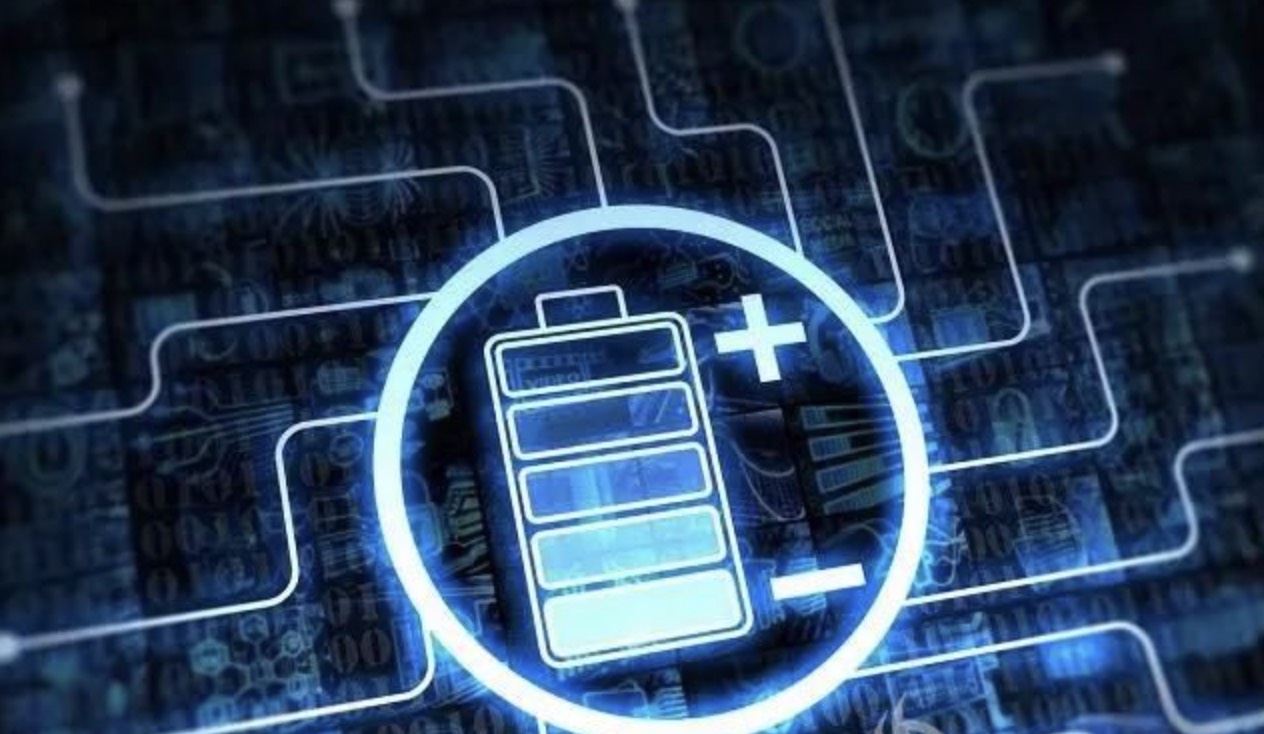The consumption of lithium-ion batteries has become a pivotal force shaping the landscape of modern technology. As our world becomes increasingly interconnected and mobile, the demand for efficient and reliable power sources has skyrocketed. The lithium-ion battery market, at the intersection of innovation and necessity, stands as a key player in fulfilling these energy needs. From powering smartphones to electric vehicles, lithium-ion technology has become ubiquitous in our daily lives.
In this exploration of the consumer lithium-ion battery market, we delve into its current state, technological advancements, and the transformative effects of consumer demands. The market's dynamic nature, driven by innovations and sustainability considerations, opens avenues for growth and development. As we navigate through the intricacies of regional disparities, challenges, and emerging trends, a comprehensive understanding of the global consumer lithium-ion battery market unfolds, providing insights into the present and future of this indispensable industry.
The consumer lithium-ion battery market is experiencing an unprecedented surge, propelled by the relentless demand for portable electronic devices, electric vehicles (EVs), and renewable energy storage solutions. With a compound annual growth rate (CAGR) exceeding expectations, the market has evolved into a dynamic arena with substantial economic impact.
Market Size and Growth Trends: The sheer scale of the consumer lithium-ion battery market is staggering. Valued at [insert current market value], its growth trajectory is marked by a robust CAGR, reflecting the burgeoning adoption of electric vehicles, the proliferation of smart devices, and the integration of renewable energy systems. Projections indicate a sustained upward trend, driven by the expanding scope of applications.
Major Players and Market Share: Key industry players, ranging from established giants to innovative startups, contribute to the market's vibrancy. Companies like [mention prominent players] dominate the landscape, each vying for a significant market share. The competition fuels technological advancements, driving the industry towards increased efficiency, safety, and affordability.Types and Characteristics of Consumer Lithium-ion Products: The market encompasses a diverse range of lithium-ion battery products tailored to meet the specific needs of consumers. From high-energy-density batteries for smartphones to high-capacity batteries for electric vehicles, manufacturers are continually refining their products. Advanced features, such as fast-charging capabilities, longer lifespans, and enhanced safety protocols, are becoming industry standards.

As the consumer lithium-ion battery market continues to evolve, it is imperative to recognize the pivotal role it plays in shaping our electrified future. The synergy between technological innovation and market demand propels the industry forward, promising exciting developments in the years to come. In the subsequent sections, we will delve deeper into the technological advancements steering this market and the transformative effects of shifting consumer preferences.
In the realm of consumer lithium-ion batteries, a continuous wave of technological advancements and innovative breakthroughs has reshaped the landscape, propelling the industry toward unprecedented levels of efficiency and sustainability.
Emergence of Next-Generation Lithium-ion Technologies: The relentless pursuit of higher energy density, faster charging capabilities, and improved safety has given rise to the emergence of next-generation lithium-ion technologies. Innovations such as solid-state batteries, lithium-sulfur batteries, and advanced anode/cathode materials promise to redefine the performance benchmarks of traditional lithium-ion batteries.
Impact of Innovative Technologies on the Market: These technological breakthroughs are not merely conceptual; they are actively shaping the consumer lithium-ion battery market. Solid-state batteries, for instance, offer enhanced safety by eliminating liquid electrolytes, while lithium-sulfur batteries boast higher energy densities, paving the way for extended ranges in electric vehicles. Such innovations drive market competitiveness, pushing manufacturers to adopt cutting-edge solutions to meet the evolving demands of consumers.
Key Technological Drivers of Production Efficiency and Cost Reduction: In addition to performance enhancements, technology is playing a pivotal role in optimizing production processes and reducing costs. Advances in electrode manufacturing, cell assembly automation, and recycling technologies contribute to improved production efficiency and, consequently, more competitive pricing for lithium-ion battery products. These developments not only benefit manufacturers but also make sustainable energy solutions more accessible to a broader consumer base.
As the consumer lithium-ion battery market navigates the waters of technological progress, it becomes clear that innovation is the driving force behind its resilience and growth. The convergence of groundbreaking technologies not only raises the bar for performance but also positions lithium-ion batteries as a cornerstone in the transition towards a more sustainable and electrified future. In the subsequent sections, we will explore how these technological advancements are responding to the ever-evolving demands of consumers and influencing the market dynamics.
Regional Dynamics: The consumer lithium-ion battery market exhibits notable regional disparities, influenced by diverse economic, technological, and regulatory landscapes. In Asia, particularly in China, a robust manufacturing ecosystem has positioned the region as a global production hub. North America and Europe, on the other hand, showcase strong demand driven by the rapid adoption of electric vehicles and renewable energy initiatives.
Strategic Collaborations and International Opportunities: Amidst these regional disparities lie opportunities for strategic collaborations and international market expansion. Global partnerships between manufacturers, suppliers, and technology developers facilitate knowledge exchange and resource optimization. International markets, especially in developing regions, present untapped potential for growth as they embrace electrification and modernization.
Regulatory Influence: Varied regulatory frameworks further contribute to global market nuances. Stringent emission standards in Europe propel the demand for electric vehicles, fostering a favorable environment for consumer lithium-ion batteries. Similarly, government incentives and policies in different regions play a pivotal role in shaping market trends, creating both challenges and opportunities for industry stakeholders.
Navigating these global disparities requires a nuanced understanding of regional dynamics and strategic foresight. As markets continue to evolve, international collaborations and a keen awareness of regulatory landscapes will be essential for seizing opportunities and overcoming challenges. In the subsequent sections, we will delve into the challenges faced by the industry and explore potential strategies for sustained growth in this complex and dynamic global marketplace.